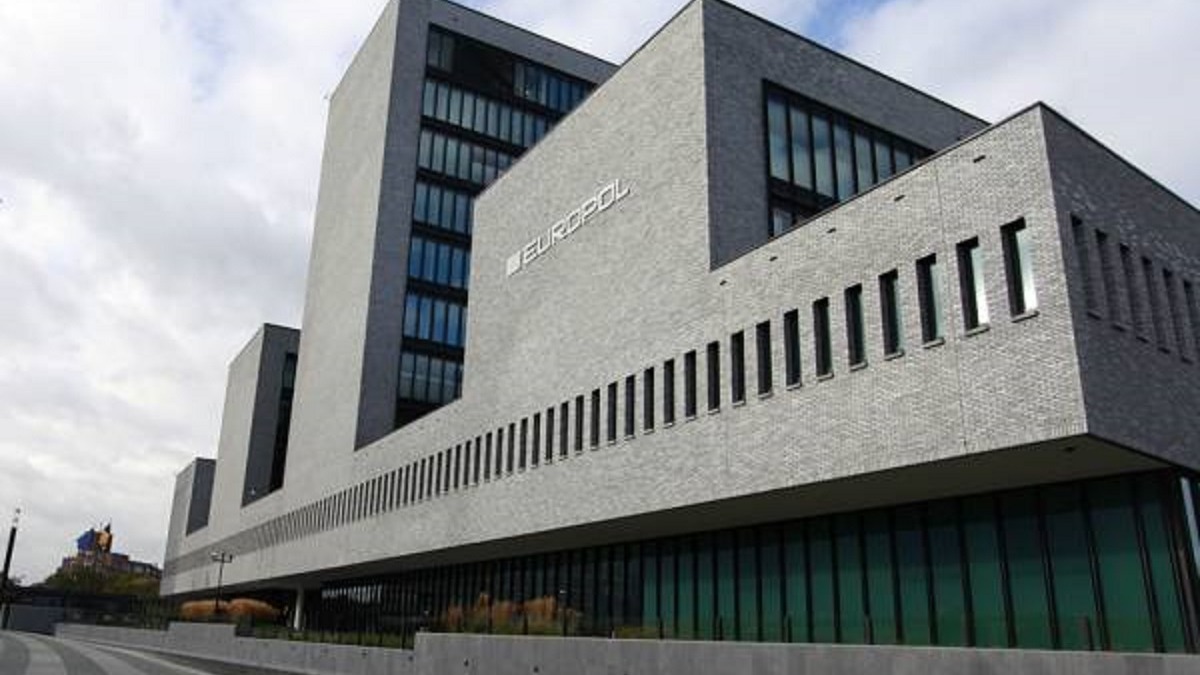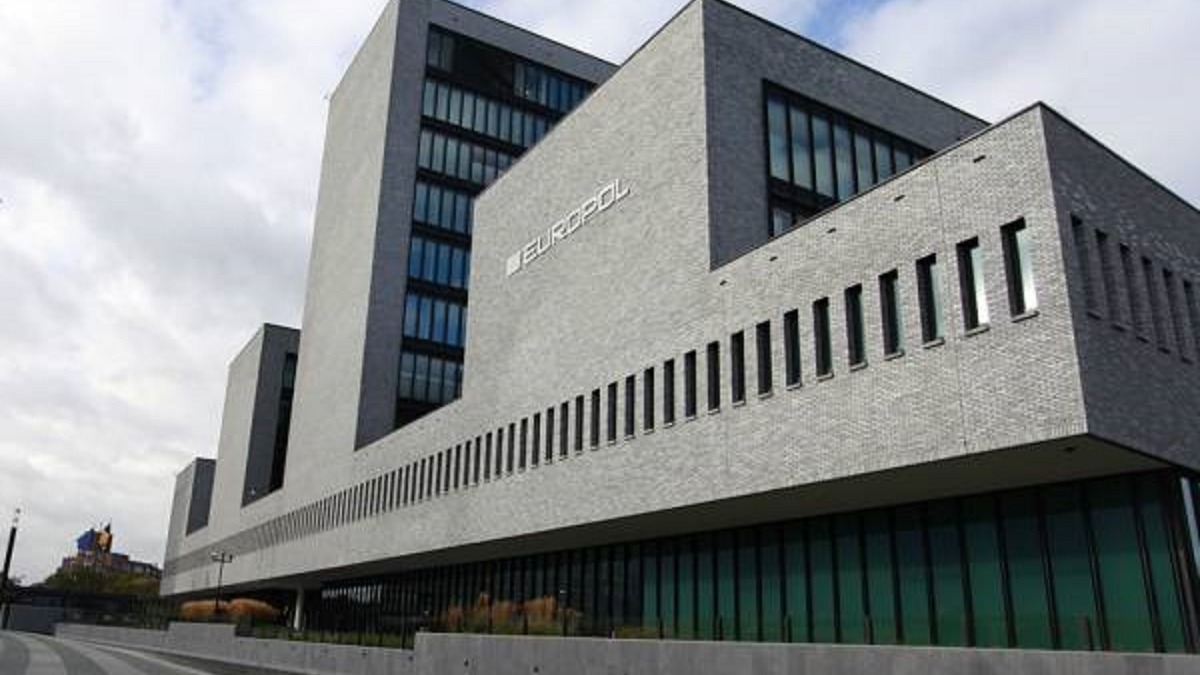Europol has warned that minors are increasingly targeted by terrorist propaganda online. The European Union’s police agency conducted an operation removing thousands of links spreading jihadist and far-right extremist propaganda aimed at young people. Europol’s Executive Director, Catherine De Bol, emphasized that terrorist groups are using new tactics, including artificial intelligence, to create content that appeals to a younger audience. Combating the exploitation of children in terrorist networks is one of Europol’s key priorities.
Political Perspectives:
Left: Left-leaning outlets emphasize the vulnerability of minors to extremist recruitment and the need for stronger social protections and digital regulations to prevent radicalization. They highlight the role of social inequalities and the importance of education and community support in countering extremist narratives.
Center: Center-leaning sources focus on the factual reporting of Europol’s actions and warnings, stressing the importance of international cooperation and law enforcement efforts to combat online extremist propaganda. They underline the technological challenges posed by AI in spreading such content and the need for balanced policies.
Right: Right-leaning narratives often stress the threat posed by both jihadist and far-right extremist propaganda, sometimes emphasizing the dangers of radical ideologies infiltrating youth. They may call for stricter security measures, border controls, and tougher penalties for those spreading extremist content, highlighting national security concerns.












